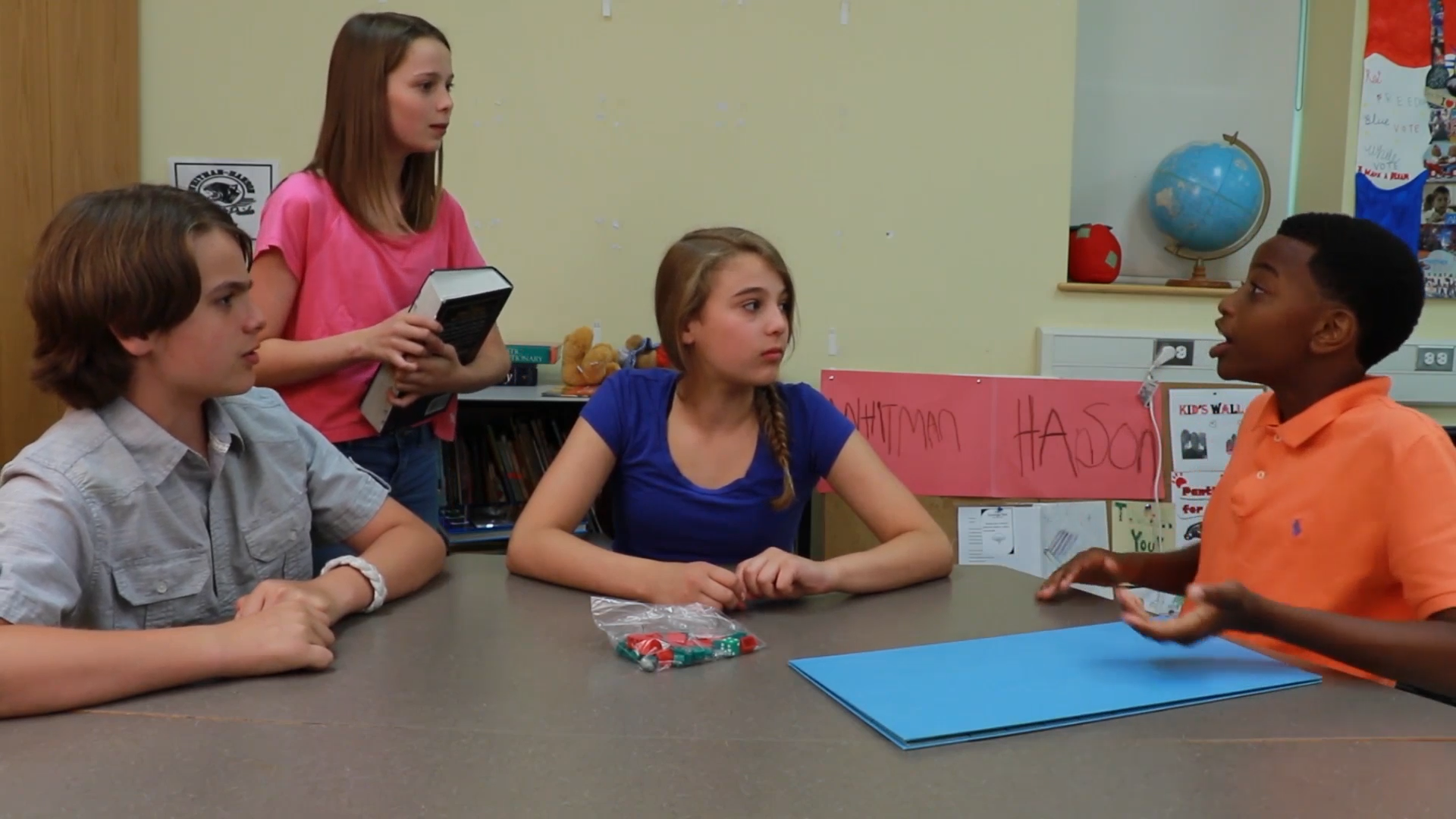
Introduction
Social-Emotional Learning (SEL) plays a crucial role in the development of students, particularly in Special Education. One essential skill students need to learn is the ability to adapt to changes and manage their emotions effectively. In this blog post, we will introduce an engaging game called “Two Sides,” which focuses on understanding and differentiating between being flexible and being rigid. By participating in this activity, students will learn to identify their own reactions and develop strategies to cope with unexpected changes.
No-Prep Activity
Two Sides is a simple activity that requires no preparation or materials. Educators can use this game to help students practice recognizing flexibility and rigidity in different situations. To play, the teacher presents a series of scenarios and asks the students to identify whether the character in the situation is being flexible or rigid. The scenarios can be adapted to suit the students’ age and abilities.
For example, the teacher can present the following scenario: “Alex wanted to play basketball during recess, but it started raining. Instead of getting upset, he decided to play a board game with his friends indoors.” After discussing the situation, students should identify that Alex was being flexible because he adapted to the change without getting upset.
The game can be played in a group or individually, and students should be encouraged to share their thoughts and reasoning behind their answers. This activity promotes critical thinking and helps students understand the importance of adapting to changes and managing their emotions.
Discussion Questions
- Why is it important to be flexible in different situations?
- What are some strategies you can use to help you become more flexible when faced with unexpected changes?
- Can you think of a time when you were being rigid? How did it affect you and others around you?
- How can recognizing and understanding our emotions help us become more flexible?
- What other SEL skills can help us become more adaptable and resilient in different situations?
Related Skills
Along with flexibility and understanding rigidity, there are other essential SEL skills that Special Education students can benefit from. Some of these skills include empathy, self-awareness, communication, and problem-solving. Developing these skills helps students better understand and manage their emotions, communicate effectively with others, and navigate different situations with ease.
Next Steps
If you’re interested in exploring more SEL activities and resources to support your Special Education students, we encourage you to sign up for free sample materials at Everyday Speech. These resources can help you create a positive and supportive learning environment for your students, promoting their emotional and social growth.

